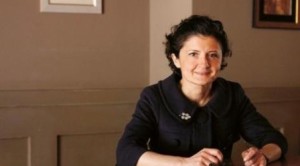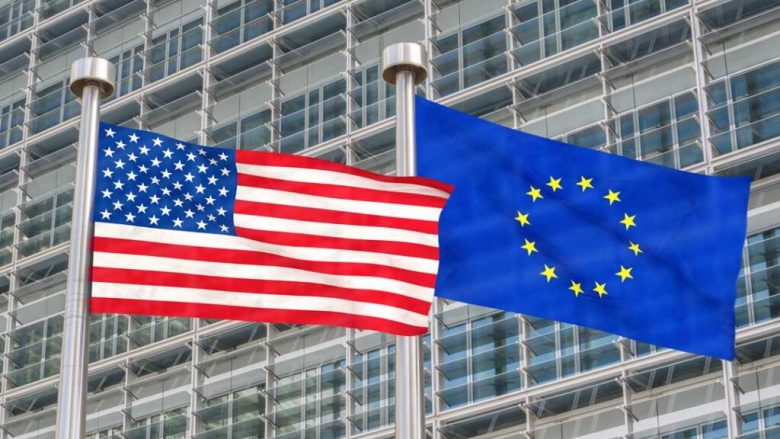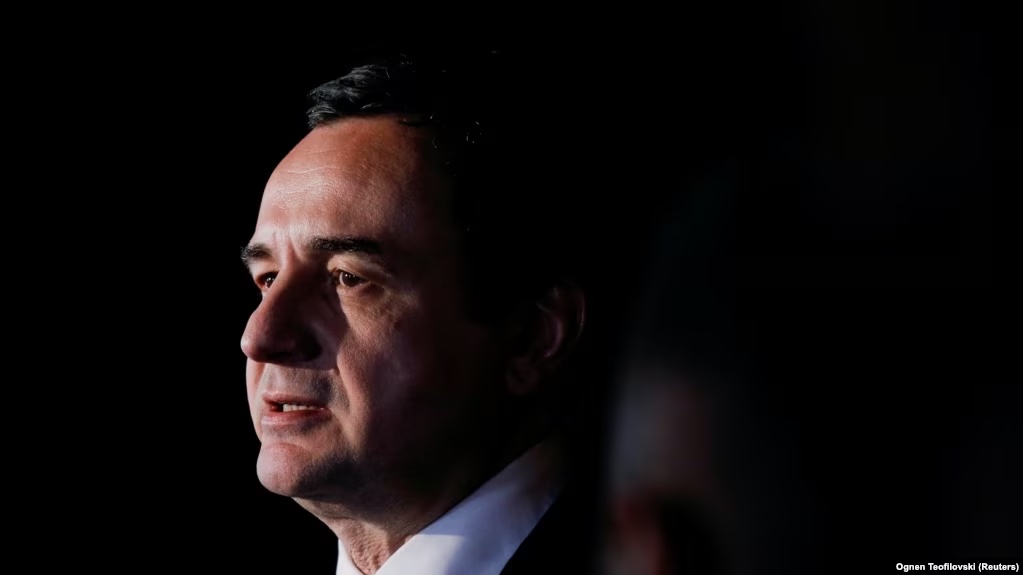Friday, September 20th 2013

Georgia is introducing deep democracy in its institutions says their Justice Minister Tea Tsulukiani, who previously spent a decade as a Senior Lawyer at the European Court of Human Rights.
“This government will leave as its legacy a European democratic system that will be impossible to undo,” said Tsulukiani. It is “a system that will survive any Minister or politician,” she added.
The minister was visiting Brussels before Georgia’s Association Agreement with the EU is expected to be signed in November.
Speaking to New Europe, Tsulukiani said, “The very first day we came to power last year, we didn’t want to do the same as the previous government, who dismissed judges after the Rose Revolution.”
The minister argues that they are now reforming justice, but to remove political interference. “We decided to reform in stages and the first has just finished. This was about freeing judges from prosecutorial pressure and from different leverages from various outside actors.”
“We also freed the High Council of Justice from politicians,” she adds, “politicians would sit there and decide judicial issues which was not right.”
“When you free the judge, it complicates lives, the prosecutors need to learn to use evidence, rather than dictate to the judges and judges need to realise that they are definitely free.”
The next phase has been announced, with new rules to come on appointing judges although the minister stresses the future changes will not affect judges already in position. There will be a limit placed on the powers of the court presidents in the second stage.
“Every judge is afraid of their president because they can initiate disciplinary procedures, which we would like to give to people more impartial. We need to strengthen judges so they can elect their own presidents,” said the minister.
Our goal has been to create in Georgia, something that could be called institutional democracy, institutions that could survive any government. My cabinet is working for future governments of Georgia, not just for ourselves,” she says.
Tsulukiani agreed that this was the same approach Cathy Ashton has mentioned in her concept of “deep democracy” a lot more to do with structure and institutions than just an occasionally elected parliament.
“We want to have something that works in a democratic way,” Tsulukiani says, “up to now, we have had strong personalities as leaders, but once they were gone, life was messy. We don’t need persons, we need institutions.”
The minister’s experience looks like a good match for her task, but her softly speaking manner is supported by the strength of her commitment and argument. Indeed, one of her main motivations for heading into the then troubled world of Georgian politics was her work at the European court of Human Rights.
“I worked as a lawyer at the court for ten years, and I was dealing with the Georgia cases,” she says, “These cases showed me the human rights situation was not at all well. Although I was a pernament employee, I quit to go back to Georgian and enter politics.”
It was in 2010, well before Mr Ivanishvili entered politics,” she explains.”I joined the Free Democrats. It was a time without hope because the United National Movement (UNM) was omnipresent.”
She continues, “The small opposition parties were not able to fight efficiently, we were deprived of finances and we were not even able to pay for our own office. This was a period, how to say, without hope.”
Then, Ivanishvili arrived and built his coalition, “I hope that we are together for the elections,” she adds.
However, the Gerogian Premier has announced his departure from politics.
He said in the beginning, ‘I’m here for only one or two years’ and nobody believed him,” says Tsulukiani, adding, “Now he’s laughing at us, saying you didn’t believe me, but I am leaving!”
But even with the businessman turned politician, Georgia is looking towards Europe.
“We can also bring to Europe an opening to other countries, acting as a bridge. We are definitely a European nation. When we talk of the European future, it is because it is the people who have chosen that, not the politicians.” Andy Carling




